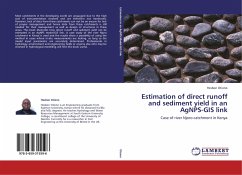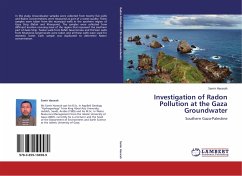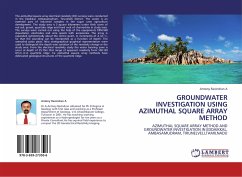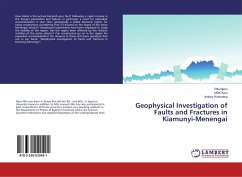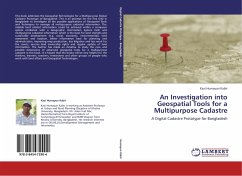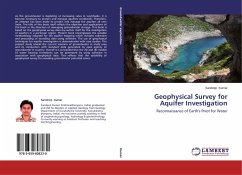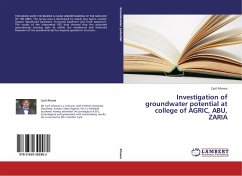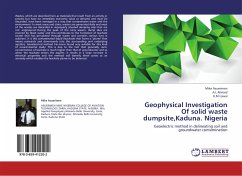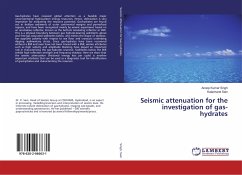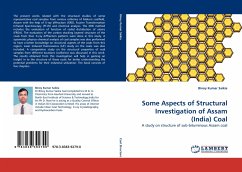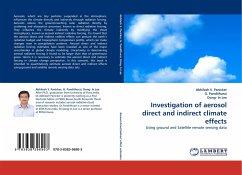
Investigation of aerosol direct and indirect climate effects
Using ground and Satellite remote sensing data
Versandkostenfrei!
Versandfertig in 6-10 Tagen
39,99 €
inkl. MwSt.

PAYBACK Punkte
20 °P sammeln!
Aerosols, which are tiny particles suspended in the atmosphere, influences the climate directly and indirectly through radiative forcing. Aerosols reduce the ground-reaching solar radiation directly by scattering and absorption processes, known as direct radiative forcing. They influence the climate indirectly by modifying the cloud microphysics, known as aerosol indirect radiative forcing. It is found that the aerosol direct and indirect raditive effects can perturb the earth's radiation budget and tropospheric temperature profile, which can make changes even in precipitation patterns. Aeroso...
Aerosols, which are tiny particles suspended in the atmosphere, influences the climate directly and indirectly through radiative forcing. Aerosols reduce the ground-reaching solar radiation directly by scattering and absorption processes, known as direct radiative forcing. They influence the climate indirectly by modifying the cloud microphysics, known as aerosol indirect radiative forcing. It is found that the aerosol direct and indirect raditive effects can perturb the earth's radiation budget and tropospheric temperature profile, which can make changes even in precipitation patterns. Aerosol direct and indirect radiative forcing estimates have been revealed as one of the major uncertainties in global climate modeling. Uncertainty in determining aerosol radiative forcing is found to be larger than that of greenhouse gases. Hence it is necessary to estimate the aerosol direct and indirect forcing in climate change perspective. In this scenario, this book is intended to quantitatively estimate aerosol direct and indirect effects using ground and satellite remote sensing data sets.



